This blog guides you to understand the importance of loan transparency, how to verify loan details, and what makes a moneylender responsible. By the end of this article, you’ll feel empowered and equipped to make informed borrowing decisions—and even get a free loan consultation to guide your next steps.
What is Loan Transparency, and Why is it Crucial?
Loan transparency means lenders disclose all terms, conditions, fees, and repayment requirements upfront. A lack of transparency can lead to misunderstandings, hidden costs, and financial strain on borrowers. When lenders are transparent, they not only build trust but also empower borrowers to make confident financial decisions.
Transparent lending benefits both parties:
- Borrowers gain clarity about their financial obligations.
- Lenders build trusting relationships, reducing disputes and enhancing reputation.
Understanding the nuances of loan transparency is critical to ensure you partner with a responsible lender.
Verifying the Principal Amount and Deductions
Once a loan is approved, confirming that the principal amount matches what was agreed upon in the loan contract is essential. Responsible lenders are also transparent about deductions, such as loan approval fees, which are often capped by regulations.
For example:
- Loan Approval Fee: Licensed money lenders are typically allowed to deduct up to 10% of the principal amount as an upfront fee. Ensure this amount is correctly stated in your agreement.
Always double-check the disbursed amount and verify the deductions in writing. Any discrepancies should be flagged immediately. This step helps avoid overcharges or misunderstandings about the actual loan amount.

Understanding Loan Approval Fees
Loan approval fees are standard in most loan agreements, but responsible money lenders clearly explain these charges upfront. These fees typically include the costs associated with processing your loan application and evaluating your creditworthiness.
Key points to check:
- Percentage: Ensure the fee does not exceed the regulated limit (commonly 10%).
- Transparency: A reputable lender explains how this fee is calculated.
- Documentation: Verify this figure on any financial documents before signing.
When these fees are communicated, borrowers can plan their finances better and avoid surprises.
The Importance of Timely Installment Payments
Timely payment of installments isn’t just about fulfilling your financial obligation—it’s also a way to protect yourself from additional fees. Responsible money lenders will remind borrowers of payment schedules and provide a clear installment structure.
Why pay on time?
- Avoid Late Payment Fees: Late payments can incur penalties, increasing your overall loan cost.
- Prevent Late Interest Charges: Borrowing longer than agreed upon typically leads to accumulating interest charges.
- Maintain a Positive Credit Record: Timely payments maintain your creditworthiness, which is crucial for future borrowing.
Use reminders, calendar notifications, or automated payments to stay on schedule. Lenders that offer payment flexibility and proactive reminders often align with responsible practices.
Keeping Records: Receipts and Statements of Account
Good record-keeping is the hallmark of responsible borrowing. Borrowers should always collect and double-check receipts and statements provided by their lenders. These documents serve as proof of repayment, allowing you to track your financial obligations effectively.
What to keep:
- Repayment Receipts: Confirm the accurate amount, date, and account details.
- Statements of Account: You should receive these at least twice yearly (typically in January and July) and check for errors or discrepancies.
- Loan Agreement Copy: Retain the original loan contract for reference.
These records provide peace of mind and protect you should any disputes arise.
Choosing Responsible Lenders: Key Indicators
Not sure how to identify a trustworthy lender? Here are clear indicators that can set responsible money lenders apart from the rest:
- Transparency: They provide all loan details upfront, including interest rates, fees, and repayment terms.
- Licensing: Always work with licensed lenders who comply with local legal requirements.
- Customer-Centric Services: Responsible lenders educate borrowers on terms and offer fair, flexible options when possible.
- Positive Reviews and Reputation: Look for testimonials, reviews, and feedback from other borrowers.
- Ethical Practices: Avoid lenders that pressure you into borrowing or employ aggressive selling tactics.
Research potential lenders thoroughly or consult financial professionals for recommendations when in doubt.
Be an Empowered Borrower
Transparency is not just a buzzword—it’s a borrower’s right and a lender’s responsibility. By understanding your loan agreement, verifying details, and partnering with responsible money lenders, you can make confident borrowing decisions that support your financial goals.
Whether you’re taking your first loan or seeking expert advice for future borrowing, we’re here to help. Book a free loan consultation today to make informed decisions and take control of your financial future.





